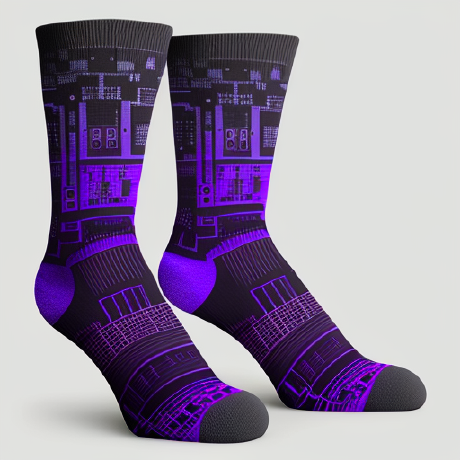Discover and explore top open-source AI tools and projects—updated daily.
Co-Sight by  ZTE-AICloud
ZTE-AICloud
AI system for automated report generation and private research
Top 37.4% on SourcePulse
Co-Sight addresses the limitations of closed-source and open-source AI report generation systems by offering a balanced solution for building private, Manus-like AI research platforms. It targets enterprises and individuals seeking cost-effective, high-quality, and stable AI report generation with flexible private deployment. The project enables users to quickly establish their own intelligent research engines, comparable to advanced commercial offerings.
How It Works
Co-Sight facilitates the creation of AI-powered research systems by integrating configurable large language models (LLMs) to generate high-quality reports. It supports private deployment and allows customization of core parameters, including LLM endpoints, API keys, and optional search engine integrations (Google, Tavily) for enhanced data retrieval. The system's architecture supports the integration of custom tools via MCP (Model-Centric Programming) for extended functionality.
Quick Start & Requirements
Installation involves cloning the repository or downloading a ZIP archive, followed by setting up a Python environment (version >= 3.11) and installing dependencies via pip install -r requirements.txt. Configuration requires creating a .env file for LLM and search engine API keys. The service can be started using python cosight_server/deep_research/main.py, accessible via http://localhost:7788/cosight/. Docker deployment is also supported, requiring loading an offline image and running a container. Minimum resource requirements are 4 CPU cores, 4GB RAM, and 1GB disk space.
Highlighted Details
- Enables one-click deployment for building private Manus-like AI research systems.
- Supports low-cost large models to generate high-quality reports comparable to Claude models.
- Offers flexible deployment options, including Docker, for private environments.
- Integrates with search engines like Google and Tavily for enriched research capabilities.
Maintenance & Community
The project actively welcomes contributions through pull requests and issues for improvements in documentation, examples, and features. Specific community channels or roadmaps are not detailed in the provided information.
Licensing & Compatibility
The provided README does not specify a software license. Users should verify licensing terms before adoption, especially for commercial or closed-source integration.
Limitations & Caveats
The project is tagged as v0.0.1 in its Docker release, suggesting it may be in an early development stage. The absence of an explicit license could pose compatibility challenges for certain deployment scenarios.
1 week ago
1+ week

 Bytez-com
Bytez-com HarshJ23
HarshJ23 orgexyz
orgexyz WorkflowAI
WorkflowAI ref-tools
ref-tools epuerta9
epuerta9 NVIDIA-AI-Blueprints
NVIDIA-AI-Blueprints GerevAI
GerevAI btahir
btahir 666ghj
666ghj AnotiaWang
AnotiaWang u14app
u14app